The first few seconds of Song For My Father (above) sound a lot like the start of Steely Dan’s Rikki Don’t Lose That Number, which of course came years later. Below is Señor Blues.
Silver is a very influential pianist who played a form of jazz called hard bop, which perhaps should be explained before discussing Silver:
Hard bop is a style of jazz that is an extension of bebop (or “bop”) music. Journalists and record companies began using the term in the mid-1950s[1]to describe a new current within jazz which incorporated influences from rhythm and blues, gospel music, and blues, especially in saxophone andpiano playing.
David H. Rosenthal contends in his book Hard Bop that the genre is, to a large degree, the natural creation of a generation of African-American musicians who grew up at a time when bop and rhythm and blues were the dominant forms of black American music.[2]:24 Prominent hard bop musicians included Horace Silver, Art Blakey, Cannonball Adderley, Miles Davis and Tadd Dameron. (Continue Reading…)
Here is the beginning of Silver’s AllMusic bio:
From the perspective of the early 2000s, it is clear that few jazz musicians have had a greater impact on the contemporary mainstream than Horace Silver. The hard bop style that Silver pioneered in the ’50s is now dominant, played not only by holdovers from an earlier generation, but also by fuzzy-cheeked musicians who had yet to be born when the music fell out of critical favor in the ’60s and ’70s.
Silver’s earliest musical influence was the Cape Verdean folk music he heard from his Portuguese-born father. Later, after he had begun playing piano and saxophone as a high schooler, Silver came under the spell of blues singers and boogie-woogie pianists, as well as boppers like Thelonious Monk and Bud Powell. In 1950, Stan Getz played a concert in Hartford, CT, with a pickup rhythm section that included Silver, drummer Walter Bolden, and bassist Joe Calloway. So impressed was Getz, he hired the whole trio. Silver had been saving his money to move to New York anyway; his hiring by Getz sealed the deal. (Continue Reading…)

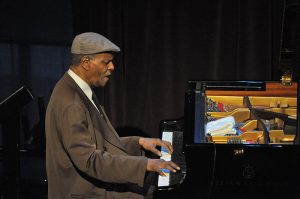
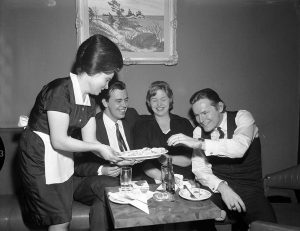
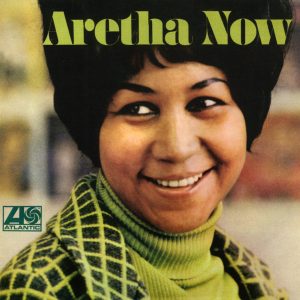
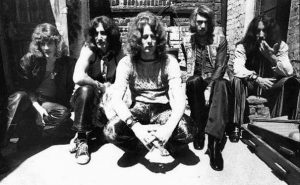

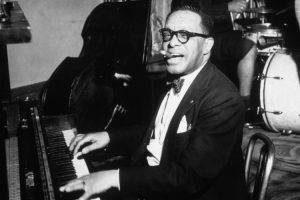
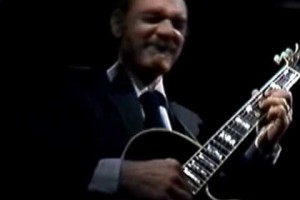
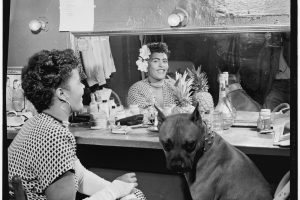

Add Comment